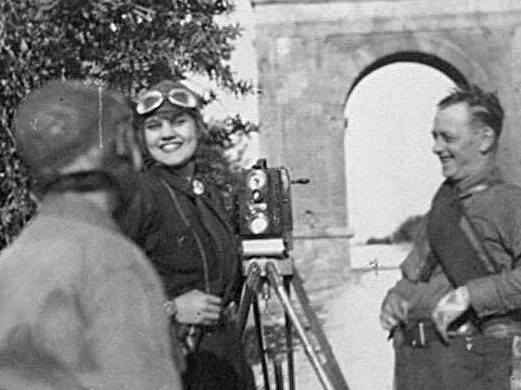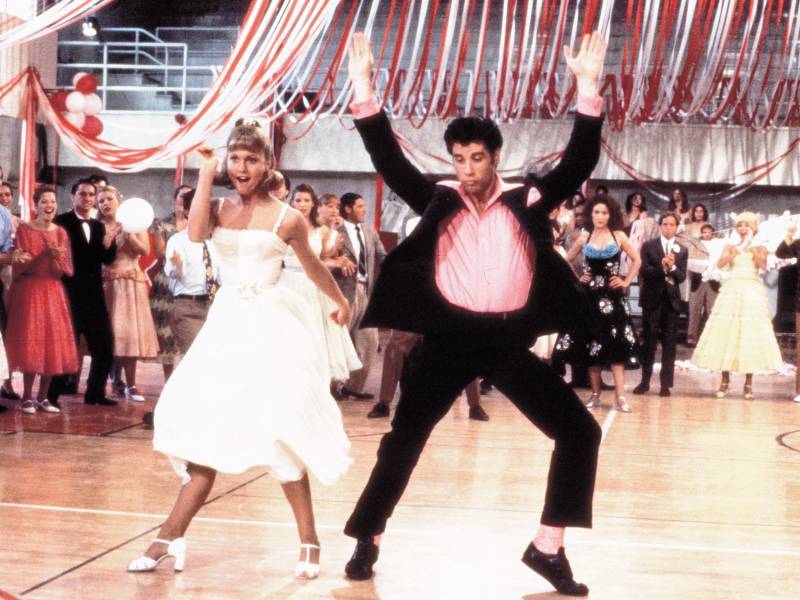The Library of Congress tries to raise awareness of film conservation every year by adding 25 movies to the National Film Registry to preserve for posterity.
As usual, 2020’s lineup includes attention-grabbing Hollywood blockbusters of relatively recent vintage (The Dark Knight and Shrek), widely beloved older features (Grease, The Blues Brothers, A Clockwork Orange), respected documentaries (The Buena Vista Social Club, Wattstax, Freedom Riders), venerable silent films (Kid Auto Races At Venice, apparently one of the few Charlie Chaplin movies not already inducted) and films from Hollywood’s Golden Age, underground movies, influential but lesser-known films and early work from seminal directors.
This year an unprecedented number of these films are by women, from the domestic drama Suspense (1913), an early silent film co-directed by and starring Lois Weber as a housewife fending off an intruder, to 2008’s The Hurt Locker. Kathryn Bigelow’s harrowing war movie remains the only film to have won a Best Director Oscar for a woman.

Nine films in total this year were directed by women, including Ida May Park’s Bread, from 1918, about a woman struggling to pull herself out of poverty; the 1929 film With Car and Camera Around the World, co-directed by Aloha Wanderwell; Ida Lupino’s 1950 film, Outrage, about sexual assault; two 1982 movies by Black women filmmakers—Kathleen Collins’ semi-autobiographical feature film Losing Ground and an early student film by Julie Dash (best known for Daughters of the Dust, which was inducted in 2004); the 1994 film The Devil Never Sleep by Lourdes Portillo and 2006’s Mauna Kea: Temple Under Siege co-directed by Joan Lander.
Librarian of Congress Carla Hayden has been working to draw attention to the accomplishments of women filmmakers: Last year, she added seven to the still overwhelmingly male list of 800 names.

9(MDAxOTAwOTE4MDEyMTkxMDAzNjczZDljZA004))

